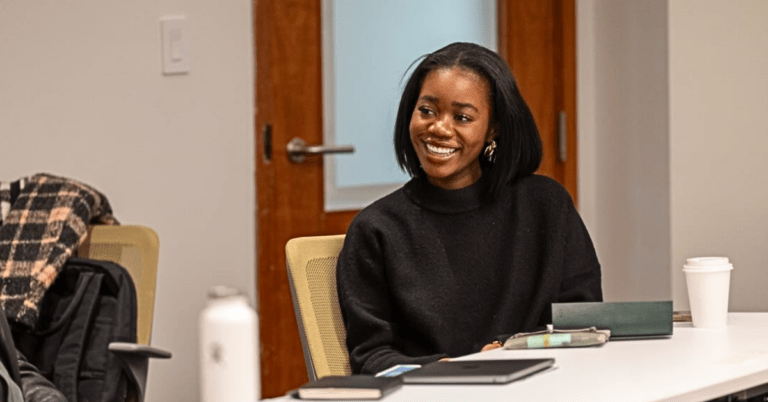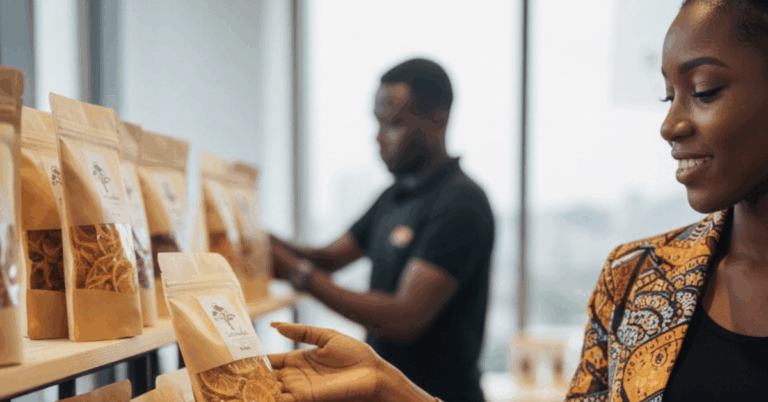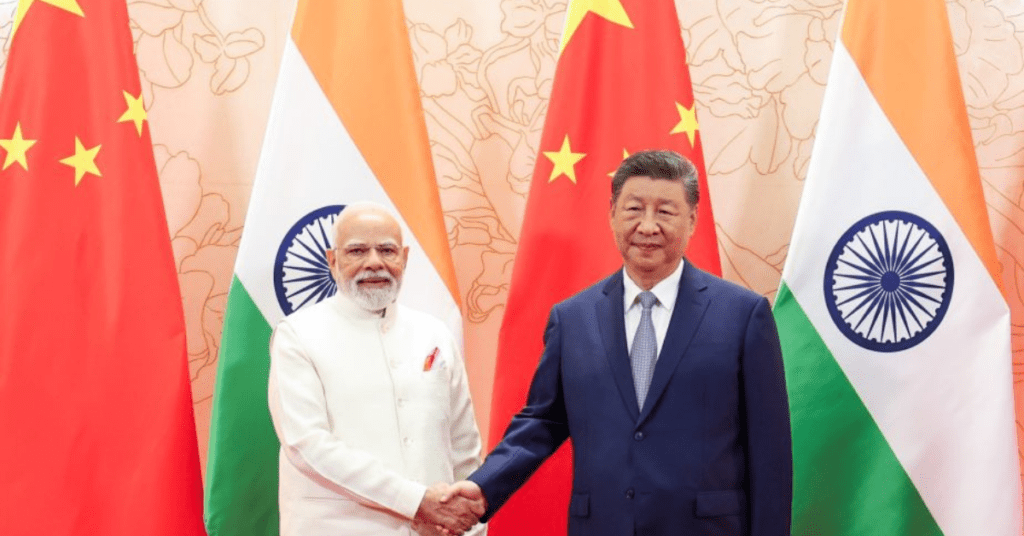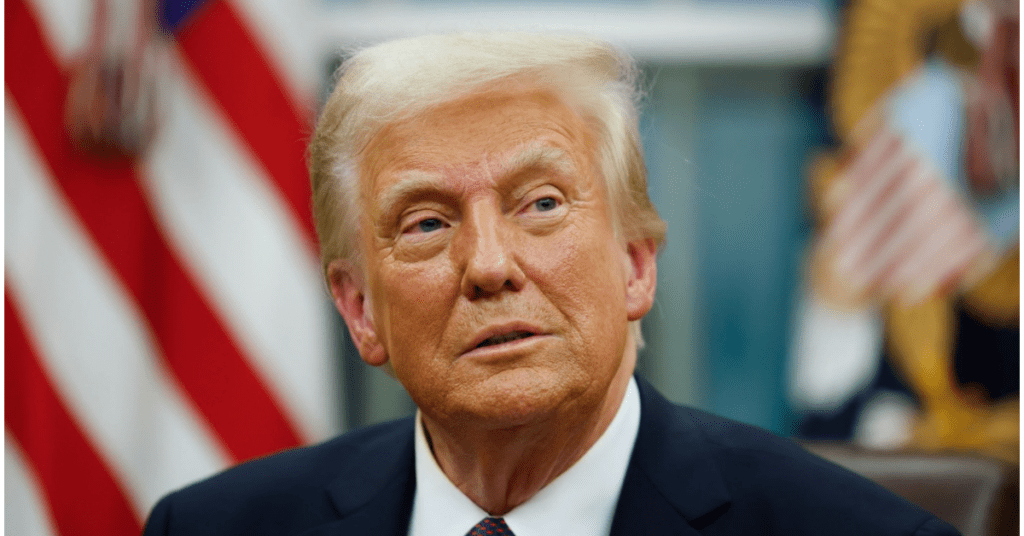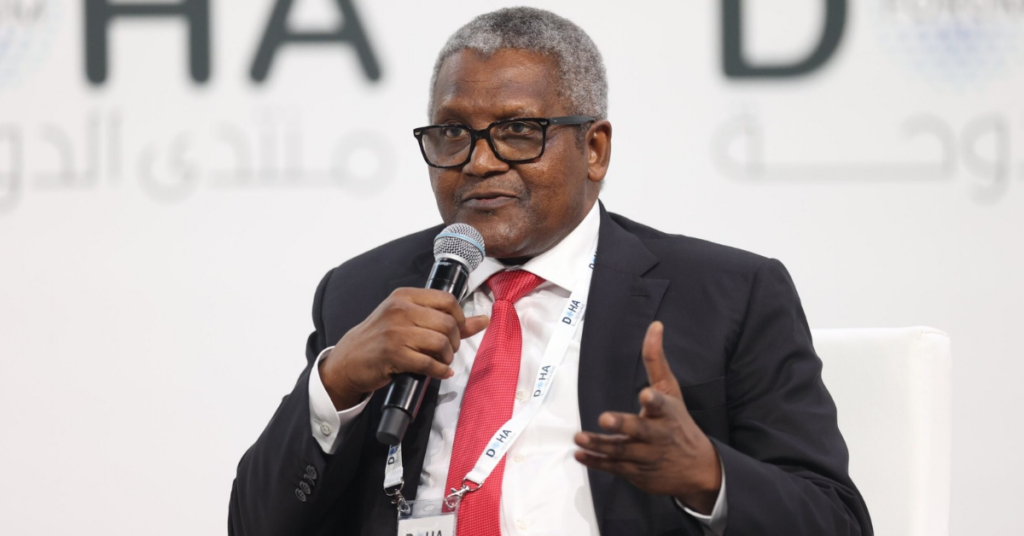Trust is the foundation of thriving workplaces, resilient organisations, and long-term performance. That was the message from Dr Jim Harter, Chief Scientist at Gallup, in a new episode of Closing Distancehosted by Dominic Wilhelm, Executive Director of The Global Trust Project.
In the episode, titled 70 Million Conversations Later, Dr Harter drew on Gallup’s research spanning over 160 countries and more than 70 million employees worldwide – including sobering insights from sub-Saharan Africa. He highlighted that trust is not just a “soft” value but a measurable driver of engagement, wellbeing, and profitability.
According to Gallup’s State of the Global Workplace 2024 report:
• 48% of employees in sub-Saharan Africa reported significant stress the previous day, compared to 41% globally.
• 28% experienced loneliness, higher than the global average of 22%.
• Only 17% of workers said they were thriving, compared with 33% globally.
“These aren’t just statistics – they are signals of trust, or its absence, in workplaces,” Dr Harter noted. “Where leadership is authentic and close to people, employees thrive. Where it isn’t, disengagement and stress rise.”
Gallup’s research shows managers account for 70% of the variance in team engagement. Trust is highest with local colleagues and managers, and weakest with distant leaders. Harter stressed the importance of regular, authentic conversations:
“One meaningful conversation each week between a manager and every team member can transform workplaces,” he said.
Dominic Wilhelm connected this insight to The Global Trust Project’s Trust Equity Index (TEi), which measures integrity, benevolence, capability, and inclination. “Trust isn’t built directly,” Wilhelm explained. “It emerges when these qualities are present and lived.”
For Africa, where the youth population is the fastest-growing in the world, rebuilding trust is critical. High trust can accelerate economic growth, improve governance, strengthen tax compliance, and underpin the African Continental Free Trade Area (AfCFTA).
“Informal economies in Africa already run on trust,” Harter observed. “Formal organisations can draw from these traditions, and from African values of dialogue and relational leadership, to build workplaces where people thrive.”
The conversation also challenged outdated leadership language. Instead of industrial-era models that reduced people to “parts,” Gallup refers to managers as “go-tos” – someone employees can rely on for support, coaching, and advice.
“The people within those organisations are experiencing high involvement, enthusiasm for their organisation, and resilience during crises,” Harter said. “The organisations themselves are more profitable and better at serving customers.”
With global trust in institutions sliding, Africa’s organisations have a unique opportunity to buck the trend through authentic leadership and proximity-based management. The message is clear: trust is fundamental for Africa’s future resilience and prosperity.


